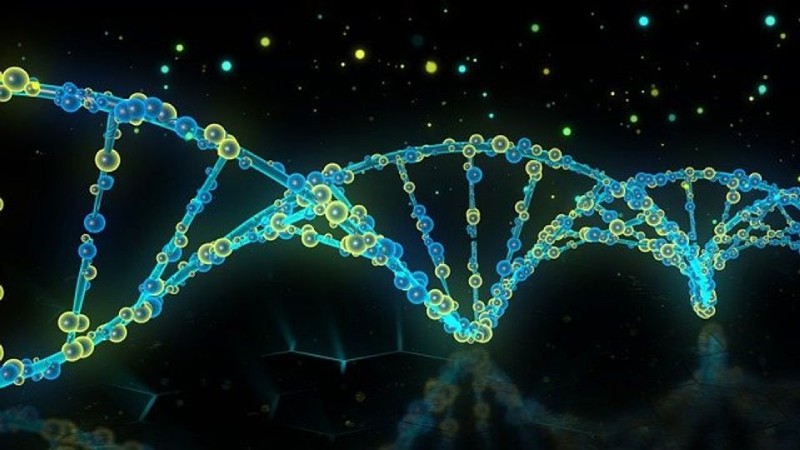There are genetic variances among children with a rare neurodevelopmental disease, according to new research led by the Seaver Autism Center for Research and Treatment at Mount Sinai. This discovery may pave the path for a precision medicine approach to treating these children.
The study is the first of its kind to directly evaluate variations between people with CHAMP1 gene mutations and those with gene deletions. On July 17, the study was released in Human Genetics.
A genetic neurodevelopmental illness called CHAMP1 disorder is accompanied by intellectual disability, medical comorbidities (including seizures and gastrointestinal issues), and dysmorphic features. The CHAMP1 gene’s mutations or deletions are responsible for the disorder.
Two groups of subjects were clinically evaluated by researchers from the Seaver Autism Center: 16 people with CHAMP1 coding mutations (gene spelling alterations) and 8 people with CHAMP1 deletions.
In all areas tested, including communication, daily living abilities, socializing, and motor skills, the group with CHAMP1 gene mutations showed considerably inferior adaptive functioning skills than the group with deletions. Additionally, those in the mutation group were more likely to have gastrointestinal problems, low muscular tone, and significant developmental delays.
The variance in symptoms, according to researchers, is most likely caused by distinct mechanisms underlying the deletions and mutations of the CHAMP1 gene. Deletions affect the body through CHAMP1 haploinsufficiency, which happens when the one functional copy of the CHAMP1 gene is insufficient to maintain the body’s normal function. As a result of active interference with the normal gene activity caused by mutations operating through dominant negative or gain-of-function pathways, more severe clinical symptoms result.
“Hearing parents describe the challenges and strengths their children experience and possess has showed us that while these children share the diagnosis of CHAMP1 disorder, their presentations and behaviors often differ,” said Thariana Pichardo, Clinical Research Coordinator at the Seaver Autism Center, who completed many of the study’s key clinical assessments.
The findings of the study highlight the significance of comprehending the mechanisms of mutations and deletions before developing treatments for CHAMP1 and other illnesses, such autism, that have varied genetic causes and a wide range of diagnostic criteria.

 Diabetology2 weeks ago
Diabetology2 weeks ago
 Diabetology2 weeks ago
Diabetology2 weeks ago
 Diabetology1 week ago
Diabetology1 week ago
 Diabetology1 week ago
Diabetology1 week ago
 Diabetology1 week ago
Diabetology1 week ago
 Diabetology2 weeks ago
Diabetology2 weeks ago
 Diabetology1 week ago
Diabetology1 week ago
 Diabetology2 weeks ago
Diabetology2 weeks ago






